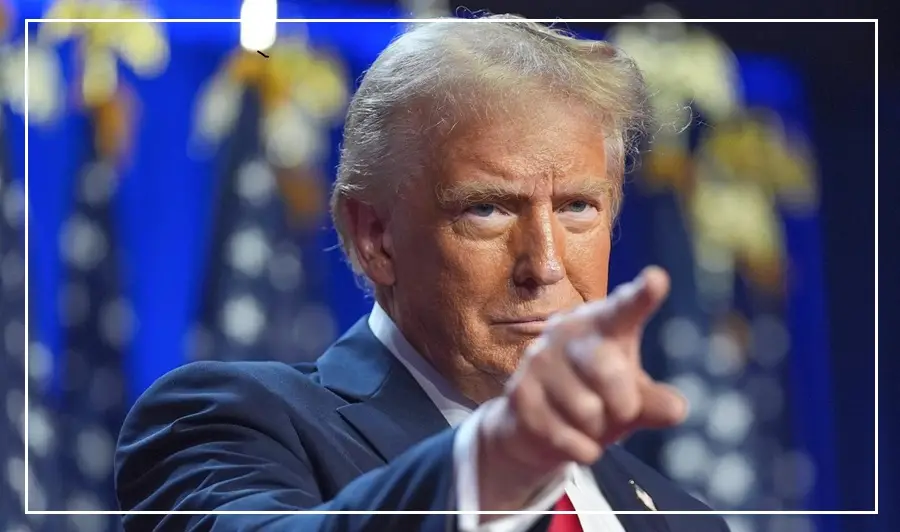A US federal court has rejected the “Liberation Day” tariff that was earlier proposed by former President Donald Trump.
Under this policy, Trump aimed to impose reciprocal tariffs on countries that imposed high tariffs on US goods.
However, the court ruled that this move exceeded the limits of the President’s executive powers and was unconstitutional.
This decision marks a legal setback for the Trump administration, which had used such tariffs to pressure other countries in trade deals.
On the other hand, it comes as a positive development for India, especially from a trade negotiation standpoint.
What Did the Court Order?
The court directed the White House to cancel the tariff policy within 10 days. In response, Trump administration lawyers have appealed against the decision.
White House spokesperson Kush Desai said:
“It is not the job of unelected judges to decide how to handle a national emergency. The Trump administration will use all powers to protect American interests.”
How Will India Benefit? 5 Key Points
Stronger Position in Trade Talks
The court’s decision weakens the legal base of reciprocal tariffs. This improves India’s position in upcoming India-US trade negotiations, scheduled for June 5–6 in New Delhi. With the 26% tariff threat removed, India can now bargain more confidently.Support from Recent UK FTA
Earlier this month, India signed a Free Trade Agreement (FTA) with the UK, boosting its image as a dependable trade partner. This could support India’s credibility in finalizing a similar deal with the US by the proposed deadline of June 25.Relief for Key Indian Exporters
Indian sectors like pharmaceuticals, textiles, and IT, which rely heavily on the US market, will benefit the most. With no extra tariff-related cost pressures, Indian products and services will now be more competitive in the US.Push for Fair and Transparent Agreements
According to the Global Trade Research Initiative (GTRI), India should now approach future trade talks with legal clarity and confidence. The court’s ruling signals that such trade policies must be based on mutual respect, not one-sided pressure.Legal Stability in US Trade Policy
The court’s ruling creates a legal precedent. It means the US President cannot impose tariffs unilaterally without Congress approval. For India, this brings more predictability and stability in trade with the US, lowering the risk of sudden tariff hikes.
Will This End the US Tariff War?
According to Capital Economics, a London-based think tank, the matter might reach the US Supreme Court.
However, this won’t fully end the trade war, as the US government could still try to impose tariffs through other legal provisions or with Congress’ backing.























